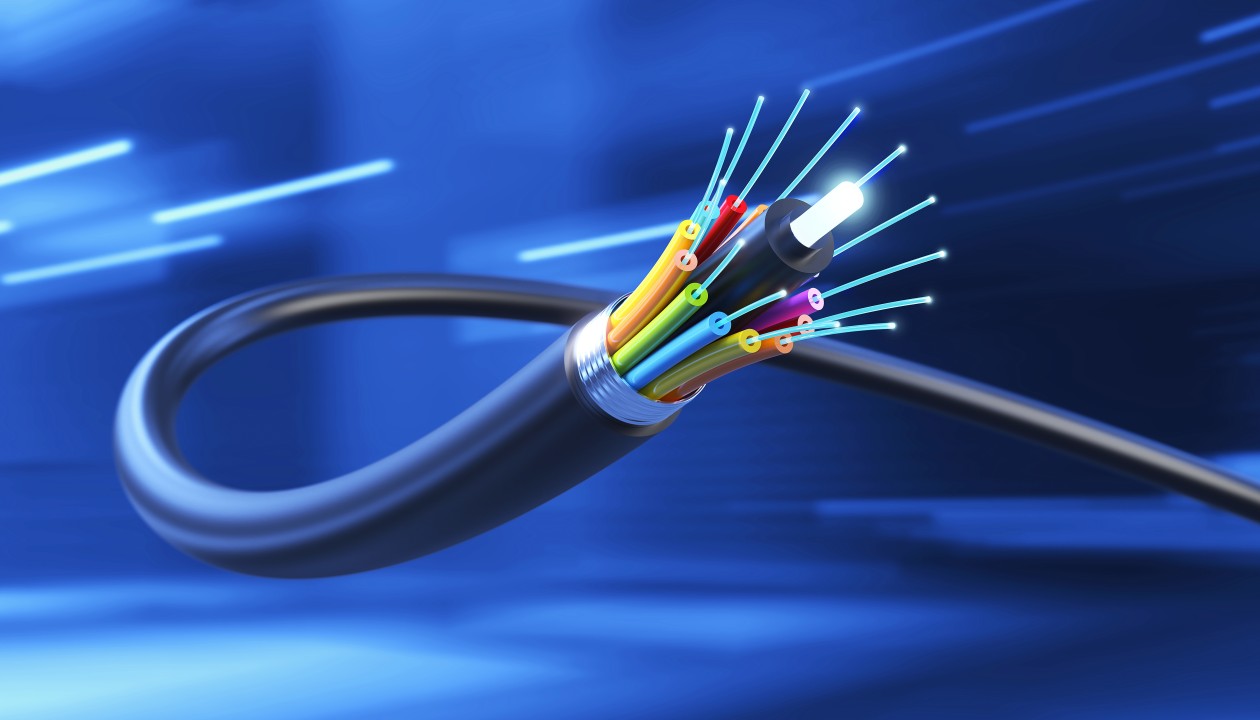According to data from the Electronic Money Issuers (EMIS) Chamber of Ghana and the Ghana Chamber of Telecommunications (GCT), 10,233 fibre optic cable cuts were reported across Ghana between January and November 2024.
The telecoms industry has had to spend a substantial amount of money on repair costs, totalling $17,415,886.87 (GH₵ 255, 111, 919.19) with an average of $1,639.61 (GH₵ 24036.68) on each repair.
Ghana’s fibre network stability is seriously threatened
Concerned about the increasing incidence of fibre optic cable cuts, GCT Chief Executive Officer Dr Kenneth Ashigbey emphasised that the national fibre network’s stability was seriously threatened by the frequency of these disruptions.
The money spent on repairs could have been used to improve and expand telecom services, Dr Ashigbey clarified.
“The funds, which could have been used to expand and improve existing services, had to be redirected towards repairing the damaged fibre optic networks,” he said.
Other contributing factors to fibre optic cable cuts in Ghana
He added that 20.68 percent of fibre optic cable cuts in 2024 were caused by road construction. Additional significant reasons included damage to poles and aerial networks (11.61 percent), theft and vandalism (13.98 percent), private developer operations (13.40 percent), damaged cores (11.81 percent), and drain construction (9.51 percent).
Fire, farming, and floods (7.85 percent), mining (5.93 percent), railway construction (1.21 percent), Ghana Water Company Limited operations (1.91 percent), Electricity Company of Ghana activities (1.08 percent), and bridges (1.02 percent) were other significant factors.
Read also: Ghanaian startup SAYeTECH wins $50,000 MEST Africa Challenge to empower farmers
How to address the challenges of fibre optic cable cuts
To overcome the hazards posed by these regular fibre optic cable cuts, which jeopardise the integrity of the national fibre backbone, Dr Ashigbey emphasised the significance of cooperation.
According to him, fibre optic cables are essential pieces of infrastructure that link network operating systems, enable faster data transfers, and support services and applications with large bandwidths.
The Chamber is pushing for a rule that would prohibit re-excavation in places where roads have previously been dug as part of continuous efforts to lessen these disturbances. This would eliminate the need for additional digging and enable other companies to install cables.
To address these urgent concerns, the Chamber has also worked with stakeholders to involve contractors through the Association of Contractors at their Annual General Meeting.
Dr Ashigbey underlined that the Chamber is advocating for the creation of a specialised court to bring charges against those who cut fibre optic cables and commit other crimes that interfere with networks.
Similar to Ghana, Nigerian Mobile Network Operators, InfraCos, and other service providers lost N13 billion and N14.6 billion in 2022 and 2023 as a result of fibre cuts and telecommunications theft. These acts of sabotage have the potential to obstruct the region’s digital infrastructure objectives in the absence of a policy that recognises and safeguards digital infrastructure as important national infrastructure.
















